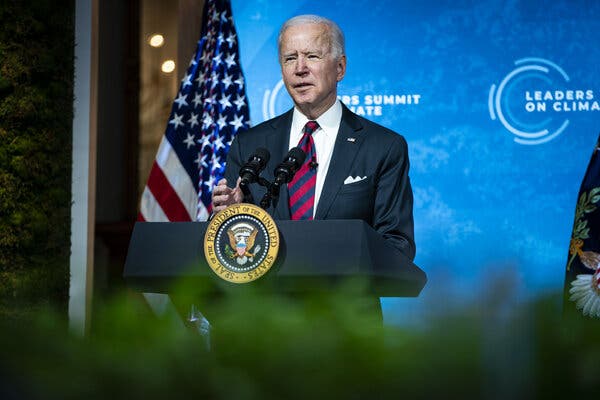Kerby Anderson
President Biden pledged to cut greenhouse gas emissions in half by the end of this decade and to reach a goal of carbon zero by 2050. Even if we assume that is necessary to address climate change, what would be the impact on our country?
Anyone who criticizes such measures is usually tagged as a climate change denier. But David Harsanyi talks about another denial. He refers to it as “Biden’s Climate Denialism.” The president and his policymakers are in denial about what it would take to hit such targets. Here are a few facts.
Most of America’s energy (80%) is generated by fossil fuels and nuclear. A much smaller amount (20%) comes from renewable sources such as wind, solar, and hydropower. We aren’t going to reach the administration’s goals merely by walking, riding bicycles, and turning down our thermostats. It will require that we eliminate gas-powered cars, retrofit homes and buildings, and rebuild the nation’s electrical grid.
Here’s another way to look at the immensity of the problem. The pandemic and lockdown last year did reduce our country’s greenhouse emissions. The best estimate is that it only reduced carbon emissions by 5 percent. You can imagine what a 50 percent reduction would entail.
Of course, this country actually only accounts for about 15 percent of global CO2 emissions. Also, emissions in the US and Europe have been falling since 2005. By contrast, the rising emissions from China have swamped these declines. And China is building more coal-fired plants every day.
Proponents say the president’s goals are “technologically feasible and well within our reach.” That is simply not true. It will be hugely expensive and massively disruptive. The president is in denial about the magnitude of his climate goal.
 Listen Online
Listen Online Watch Online
Watch Online Find a Station in Your Area
Find a Station in Your Area











 Listen Now
Listen Now Watch Online
Watch Online
